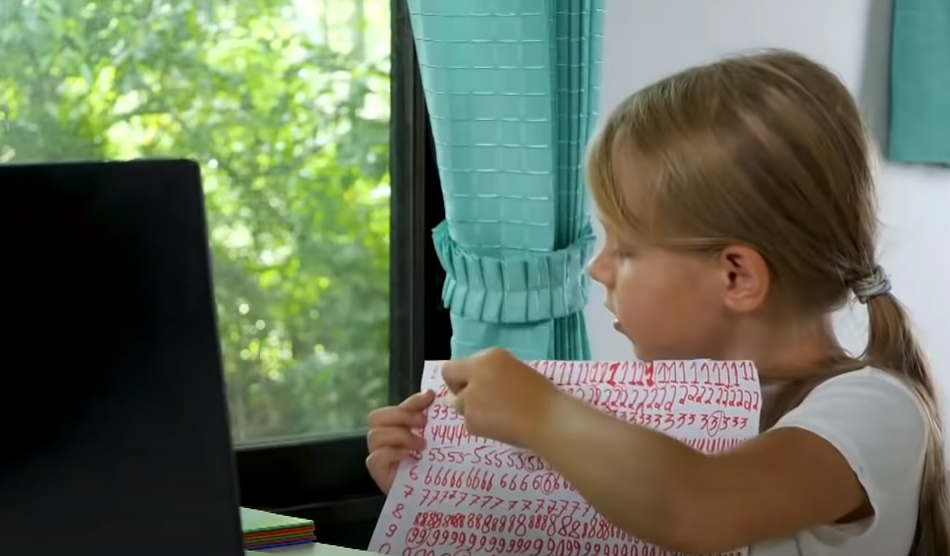Arizona Department of Education creates race-baiting ‘equity toolkit’

According to a report, the Arizona Department of Education allegedly created an “equity toolkit” for parents of young children. Although its other responsibilities include managing education paperwork, this allegation demonstrates the potentially unchecked power that state bureaucrats coudl wield over the education system.
The Washington Examiner wrote that the report came from Christopher Rufo, director of the Discovery Institute’s Center on Wealth and Poverty. Rufo posted several screenshots of the toolkit on the social media platform Twitter. In his tweets, he outlined the toolkit’s claims that babies show “the first signs of racism” at three months of age and that white children “remain strongly biased in favor of whiteness” by the age of five. In one of the graphics Rufo shared, the toolkit claimed that by thirty months of age, children use race to choose playmates. It also claimed that by ages four through five, their “expressions of racial prejudice peak.”
Apparently, only white children were racist, but not black or Hispanic children. It said, “By five, Black and Latinx children in research settings show no preference toward their own groups compared to Whites; White children at this age remain strongly biased in favor of whiteness.” Therefore, the toolkit said that this type of teaching must take place early “even before their children can speak” in order to prevent children from absorbing “bias from the world around them.”
The toolkit recommended a reading about how babies are not “colorblind” in race terms and that parents have to teach “antiracist attitudes and actions” after birth. Entitled “What White Children Need to Know About Race,” the reading said that “neutral” or “colorblind” teachings are a “tool of whiteness” and asserted that white children should eventually understand “systemic racism” and develop their own “positive racial identity.”
Yet it does not end there; the toolkit warns about racism even if someone has a black friend or acquaintance. Some of its resources blast the use of terms “the race card,” “colorblindness,” “black-on-black crime,” and “reverse racism” because these terms attempt to absolve or “alleviate” the community’s “white fragility.” Even more inflammatory was the statement that having relationships with other races “do[es] not give you a one-way ticket out of Racism Town.” It continued, “Unless we, as white people, are listening, learning, and changing based on what we’re being taught within these relationships, we aren’t doing any good at all.” The resource added, “In fact, we’re doing more harm than good. Clapping back when being called out only proves that white people cannot stand not to be at the center of every single conversation, policy, and action.”
In short, the state agency’s “equity toolkit” was a liberal indoctrination curriculum that flew under the radar of media, parents, and politicians.
The state agency issued a statement that said it “recognizes the need for resources that explore equity and inclusion issues,” but that it was intended for school leaders and it was not a part of a statewide curriculum. The statement read:
“The Arizona Department of Education recognizes the need for resources that explore equity and inclusion issues as we work to ensure that every student has access to an education that allows them to achieve their full potential. Our goal is to provide research and evidence-based guidance and best practices on these sensitive topics and how they intersect with delivering an equitable education. We are committed to ensuring that all resources available on our website meet the highest of standards.”
It is unclear whether there will be another investigation outside of the agency’s internal review. It is foolish to assume that this is an anomaly in today’s politically-charged education bureaucracy. Instead, it is a sign of the times of how politically-radicalized the public education system has become.




